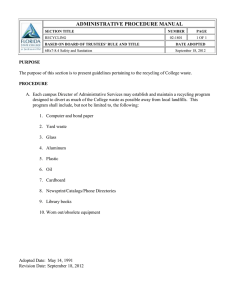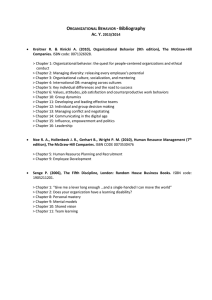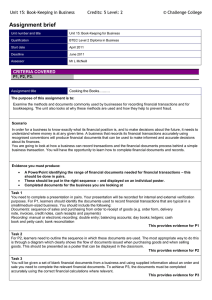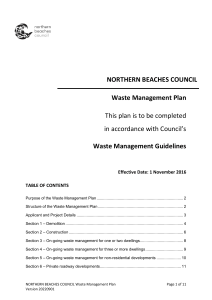Science and materials technology is becoming increasingly
advertisement
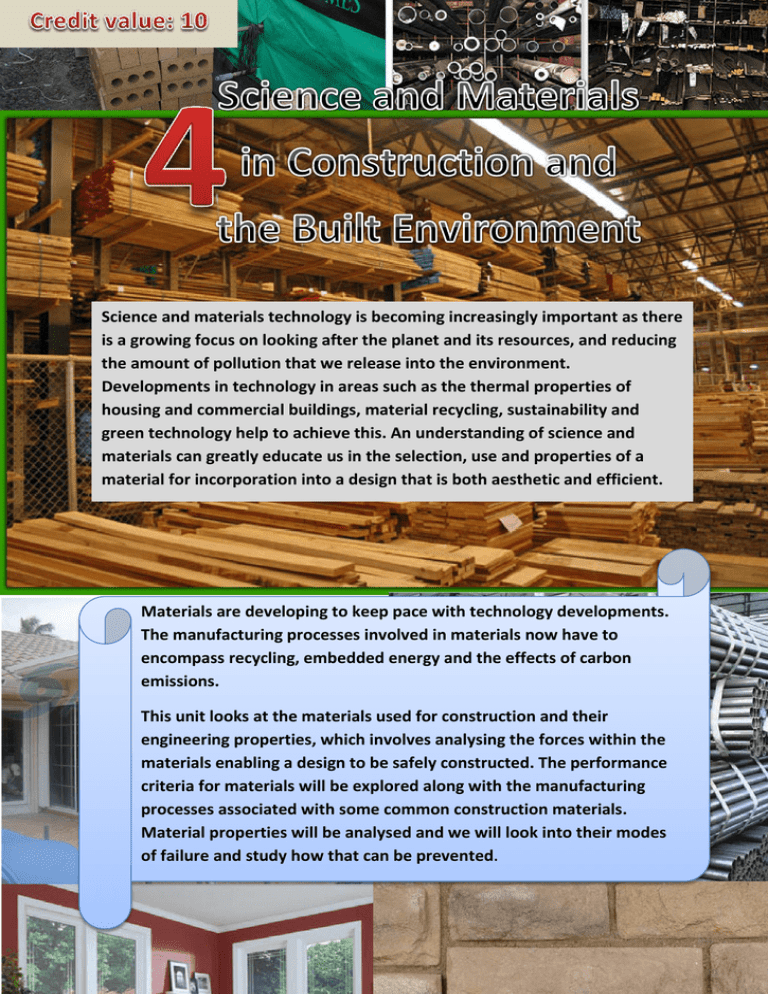
Science and materials technology is becoming increasingly important as there is a growing focus on looking after the planet and its resources, and reducing the amount of pollution that we release into the environment. Developments in technology in areas such as the thermal properties of housing and commercial buildings, material recycling, sustainability and green technology help to achieve this. An understanding of science and materials can greatly educate us in the selection, use and properties of a material for incorporation into a design that is both aesthetic and efficient. Materials are developing to keep pace with technology developments. The manufacturing processes involved in materials now have to encompass recycling, embedded energy and the effects of carbon emissions. This unit looks at the materials used for construction and their engineering properties, which involves analysing the forces within the materials enabling a design to be safely constructed. The performance criteria for materials will be explored along with the manufacturing processes associated with some common construction materials. Material properties will be analysed and we will look into their modes of failure and study how that can be prevented. Learning outcomes 1. 2. 3. 4. After completing this unit you should: Know the basic factors that affect human comfort Understand how forces act on structures Know the performance criteria applicable to construction materials and the techniques used to produce such materials 5. Understand construction materials and the techniques used to prevent their deterioration Indicative reading for learners Textbooks Topliss S, Hurst M and Skarratt G – BTEC national Construction and the Built Environment Student Book (Heinemann 2007) ISBN 978 – 0 – 435499 – 24 – 2 McMullan R – Environment Science in Building (Palgrave Macmillan, 2001) ISBN 0 – 333 – 94771 – 1
